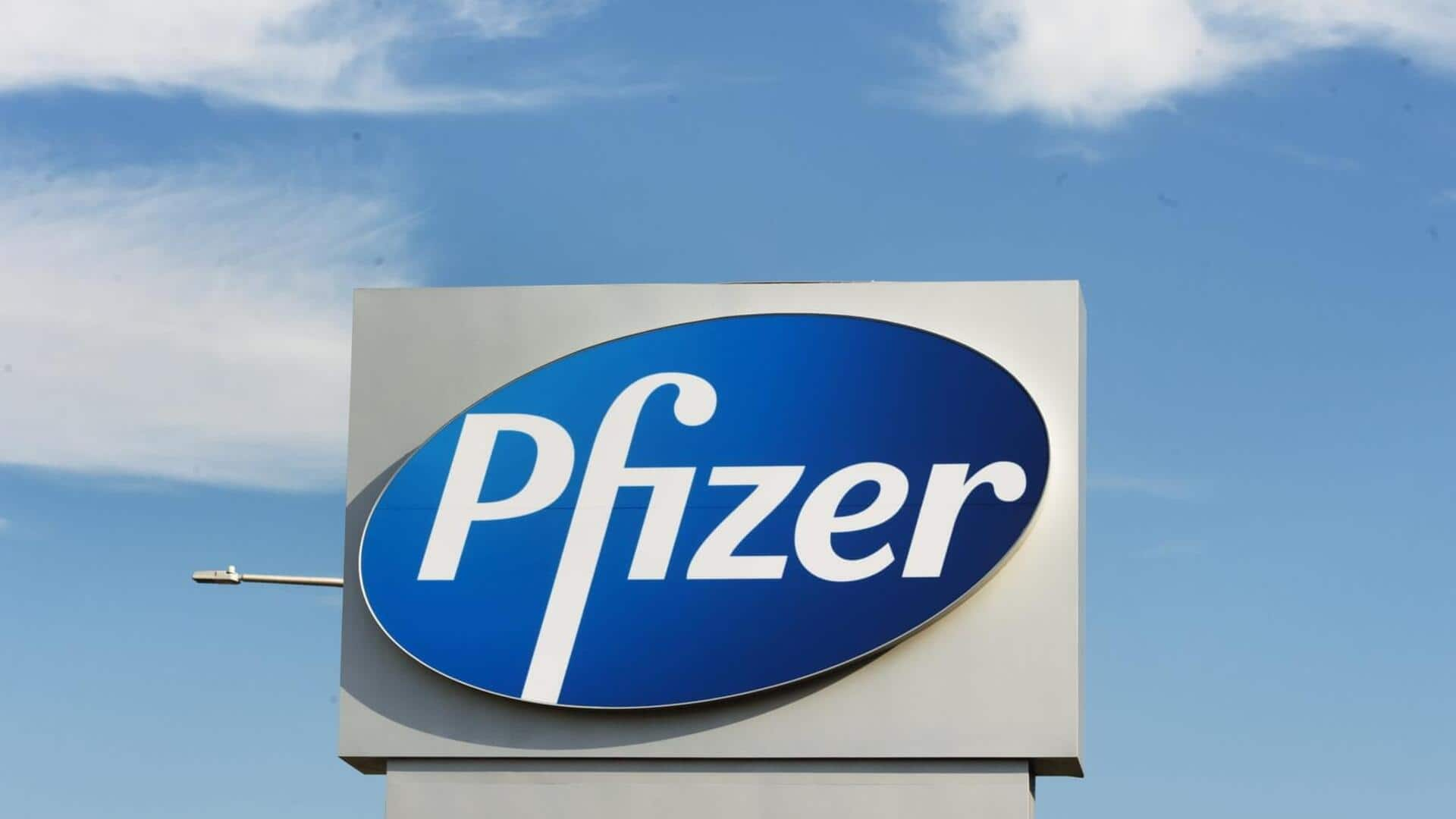
Young patient dies following Pfizer's experimental gene therapy
What's the story
A young boy tragically lost his life due to sudden cardiac arrest after participating in a Pfizer medical trial. The child was suffering from Duchenne muscular dystrophy (DMD), and was part of Phase 2 DAYLIGHT — a multi-year clinical trial from the pharmaceutical company. Through this study, doctors were trying to assess the effectiveness of an experimental gene therapy named fordadistrogene movaparvovec. The boy's death has prompted scientists and parents to scramble in search of answers on how this happened.
Disease and treatment
Understanding DMD and Pfizer's gene therapy
DMD is a progressive muscle weakness disorder affecting one out of 3,500 newborns. The disorder is primarily linked to the X chromosome as a recessive trait, with about 30% of cases resulting from spontaneous mutations. Pfizer's experimental gene therapy, fordadistrogene movaparvovec, uses a harmless virus to deliver a functional version of the dystrophin gene into the muscles. This gene is responsible for producing dystrophin, an essential protein for maintaining muscle integrity in humans.
Clinical trial
Details of the Phase 2 daylight trial
The Phase 2 DAYLIGHT trial involved boys aged two to three and included approximately 10 patients. The plan was to monitor these patients for five years, from 2022 until early 2029. According to Pfizer, the patient who tragically died received the gene therapy in early 2023. In response to this event, Pfizer stated, "We do not yet have complete information and are actively working with the trial site investigator to understand what happened."
Reactions and outlook
Community response and Pfizer's future plans
The president of the nonprofit patient advocacy group Parent Project Muscular Dystrophy (PPMD), Pat Furlong, expressed his condolences online, stating "We grieve this loss...Let us come together in this time of mourning." Despite the tragic incident, Pfizer is continuing to test fordadistrogene movaparvovec in another late-stage DMD study called CIFFREO for boys aged four to less than eight years old. The company will begin primary analysis of Phase 3 CIFFREO trial by this month end and share top-line results soon.